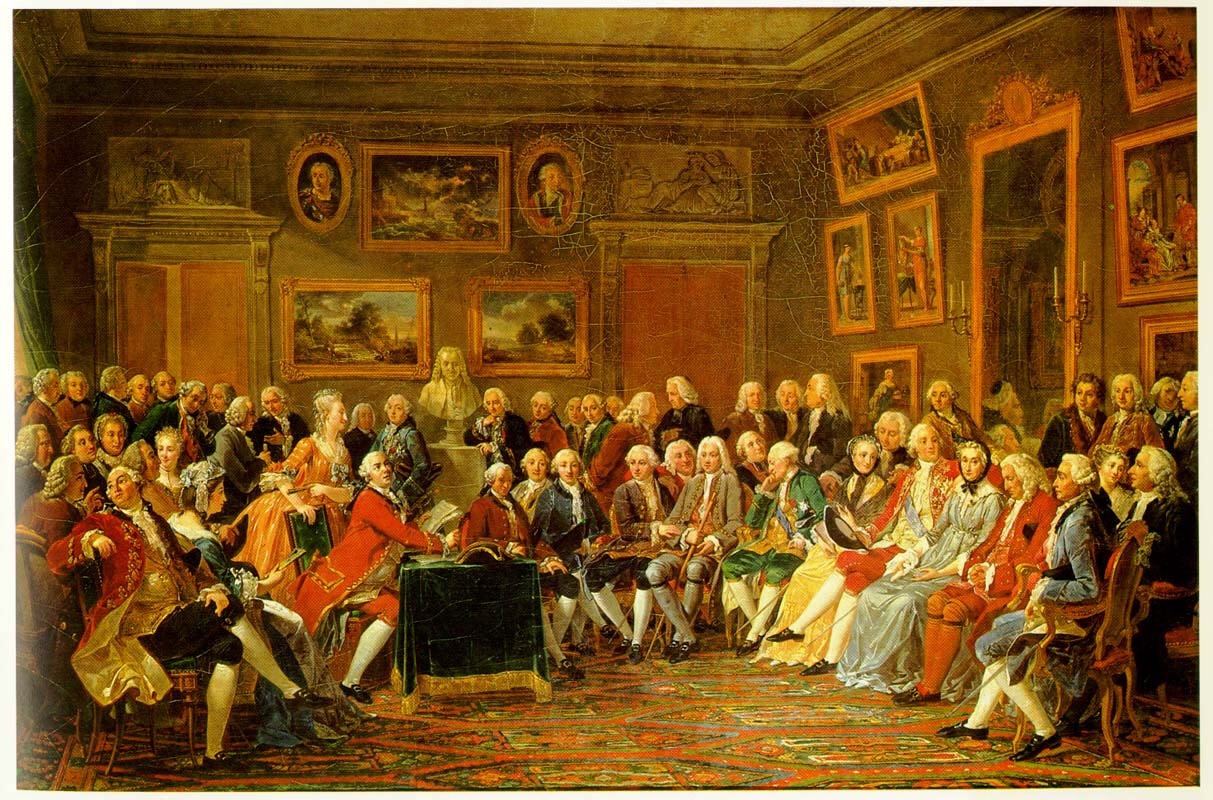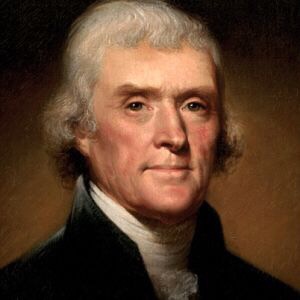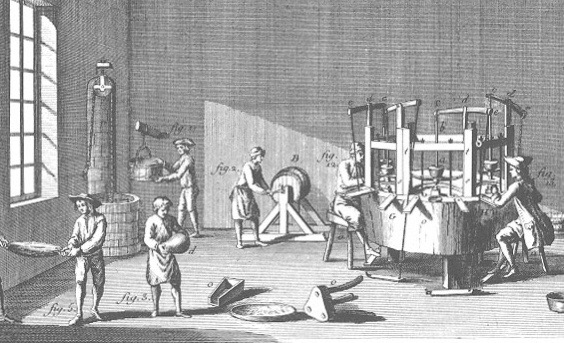
The Enlightenment
During 17th-18th century, there was a ideology culture movement that bourgeoisie and masses revolted feudalism and church. This movement was the Enlightenment-another ideological emancipation after the Renaissance. It emphasized to use reasonable and scientific methods to obtain knowledge. The Enlightenment criticized feudal autocracy and religious ignorance effectively. It disseminated free, democratic, and equal ideology. The Enlightenment covered science, philosophy, ethics, politics, economy, history, literacy, pedagogy and so on.

The Representative Personage
Benjamin Franklin
Franklin believed the notion and truth through experimentation and reasoning. For instant, he used to fly a kite in a thunderstorm. It confirmed that lighting was a form of electrical power.

Thomas Jefferson
Jefferson used reasons to explain individuals have natural rights and governments must respect.

Sir Isaac Newton
Newton presented Newtonian Mechanics which was based on Newton’s laws of motion and law of universal gravitation. This provided scientific theory which built solid base for the development of industry.

The Enlightenment effects Economy Development
The Enlightenment had profound effect on the economy. People advocated free trade-Laissez fairer, which means England’s mercantilism was not acceptable and colonies wanted to trade freely with other nations. Therefore, colonies had more opportunities to trade and this enhanced the economy of the colonies.
During that period, Adam Smith wrote about nature and reasons in TheWealth of Nations. The publish of Wealth of Nations led Economy become a separate subject itself. Adam Smith condemned mercantilist use of protective tariffs to protect home industries. He presented that open competition in business and trade without government control can build the best economic situation. If government intervened free competition, “a invisible hand”, market couldn’t work well. This would reduce economic efficiency. This idea influenced on economic theories greatly and it formed the basis of the economy policies. Adam Smith had a high regard for the division of labor. The division of labor could improve labor productivity. With the development of science and technology, factories demanded more and more skills for workers. Each part of the work might be very different and required different skills. Therefore, it was difficult for each worker to master lots of skills to do the whole job. The best method was to assign each worker to do certain job. Also moving from one jobs to another job usually took a lot of time and money, so the division of labor could avoid this loss.
In a word, the Enlightenment led free trade and it improved the labor productivity.


Watch the video of the introduction of The Wealth of Nations
Adam Smith: The Wealth of Nations
The Enlightenment Effects Slavery
The Enlightenment thinkers argued that liberty was a natural human right. They advocated human right, liberty, and freedom. Slavery was a violation and damage of human rights. Enslaved Africans were forced to work for colonists in North America under harsh conditions. They were compelled to separate from they family in childhood. Their owners usually beat slaves cruelly. The abolishment of slavery was the inevitable product of the Enlightenment because slavery was completely violate the purpose and core concept of the Enlightenment. The Enlightenment led more and more people stand out to opposite and fight against the slavery.

Resources: https://en.m.wikipedia.org/wiki/Adam_Smith
https://www.monticello.org/slavery-at-monticello/liberty-slavery/enlightenment-freedom-and-slavery